Autism
Recent articles
Sex bias in autism drops as age at diagnosis rises
The disparity begins to level out after age 10, raising questions about why so many autistic girls go undiagnosed earlier in childhood.

Sex bias in autism drops as age at diagnosis rises
The disparity begins to level out after age 10, raising questions about why so many autistic girls go undiagnosed earlier in childhood.
Interneurons’ role in epilepsy, and more
Here is a roundup of autism-related news and research spotted around the web for the week of 9 February.

Interneurons’ role in epilepsy, and more
Here is a roundup of autism-related news and research spotted around the web for the week of 9 February.
Largest leucovorin-autism trial retracted
A reanalysis of the data revealed errors and failed to replicate the results.

Largest leucovorin-autism trial retracted
A reanalysis of the data revealed errors and failed to replicate the results.
Pangenomic approaches to the genetics of autism, and more
Here is a roundup of autism-related news and research spotted around the web for the week of 2 February.
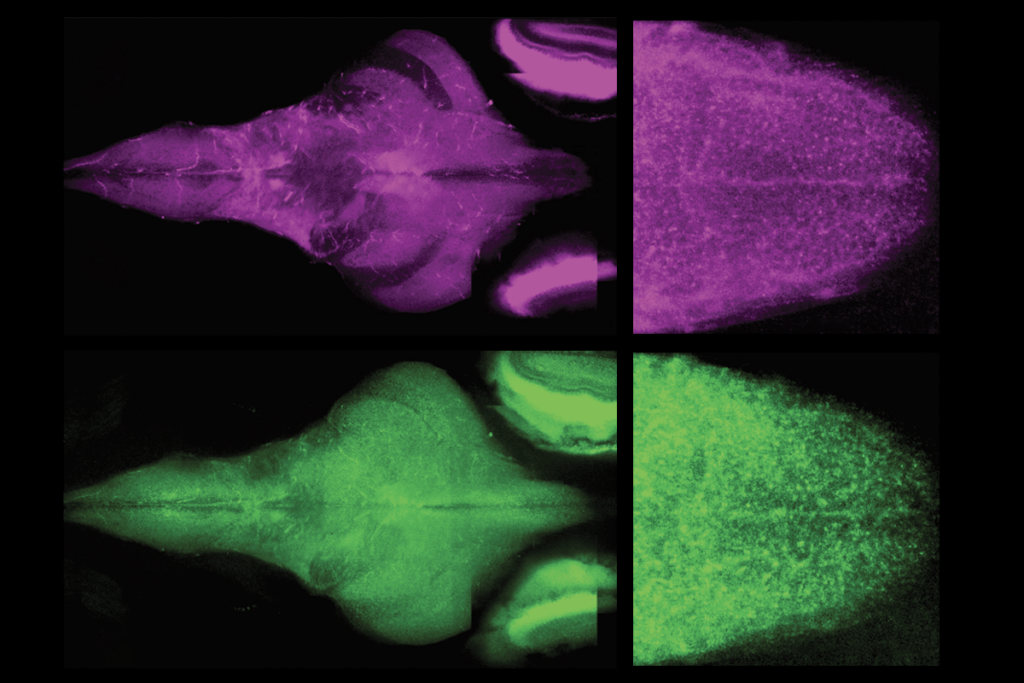
Pangenomic approaches to the genetics of autism, and more
Here is a roundup of autism-related news and research spotted around the web for the week of 2 February.
Latest iteration of U.S. federal autism committee comes under fire
The new panel “represents a radical departure from all past rosters,” says autism researcher Helen Tager-Flusberg.

Latest iteration of U.S. federal autism committee comes under fire
The new panel “represents a radical departure from all past rosters,” says autism researcher Helen Tager-Flusberg.
‘Tour de force’ study flags fount of interneurons in human brain
The newly discovered cell type might point to the origins of the inhibitory imbalance linked to autism and other conditions.
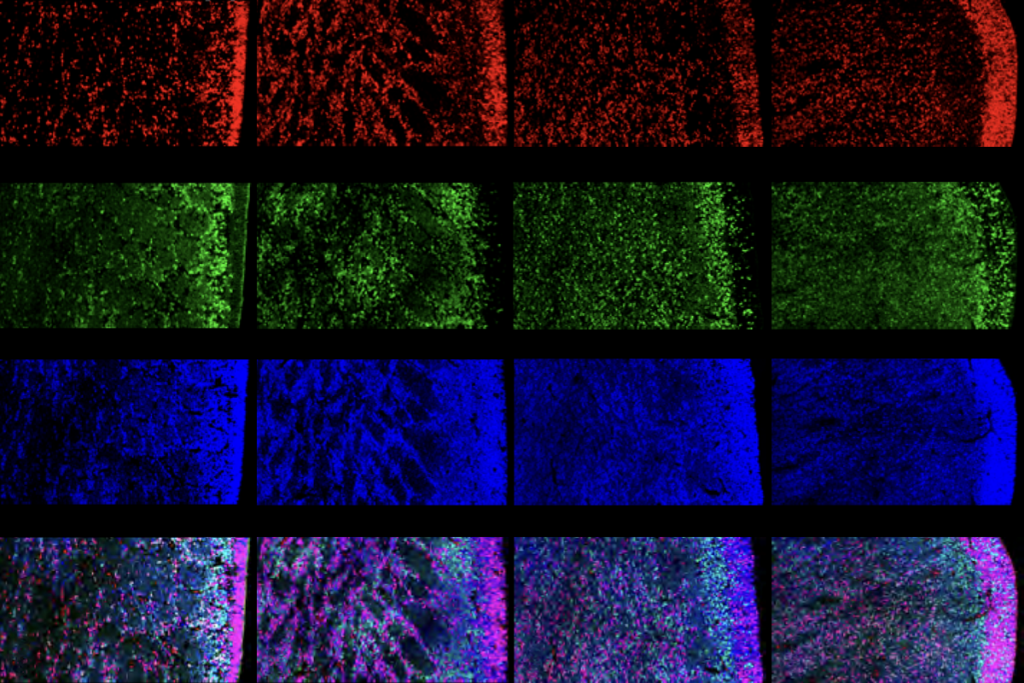
‘Tour de force’ study flags fount of interneurons in human brain
The newly discovered cell type might point to the origins of the inhibitory imbalance linked to autism and other conditions.
FDA website no longer warns against bogus autism therapies, and more
Here is a roundup of autism-related news and research spotted around the web for the week of 26 January.
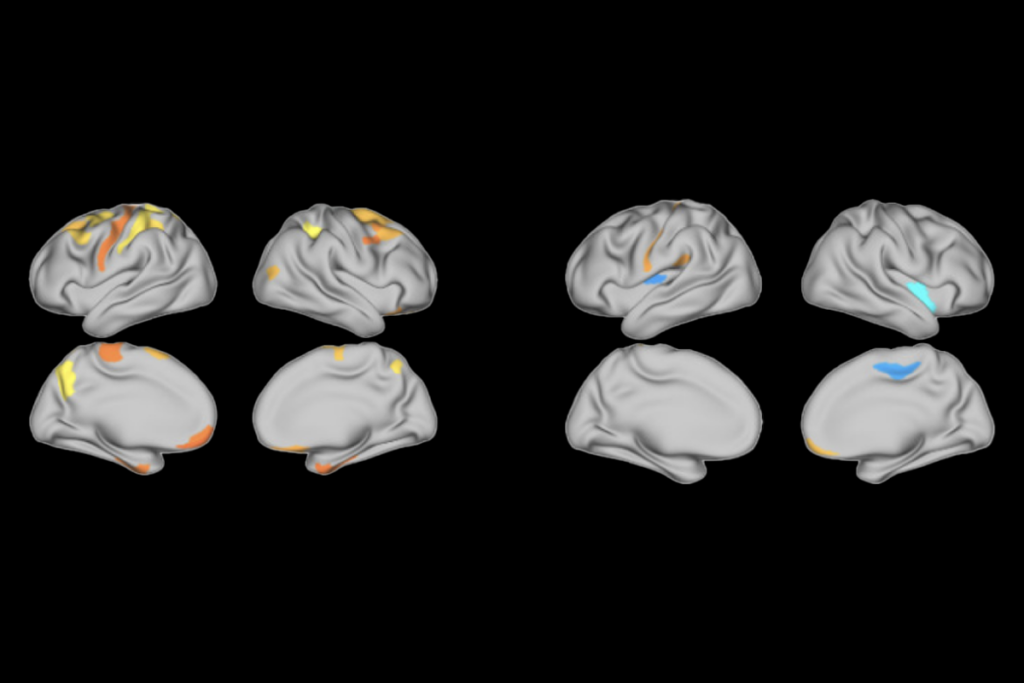
FDA website no longer warns against bogus autism therapies, and more
Here is a roundup of autism-related news and research spotted around the web for the week of 26 January.
Sensory profiles in autism, and more
Here is a roundup of autism-related news and research spotted around the web for the week of 19 January.
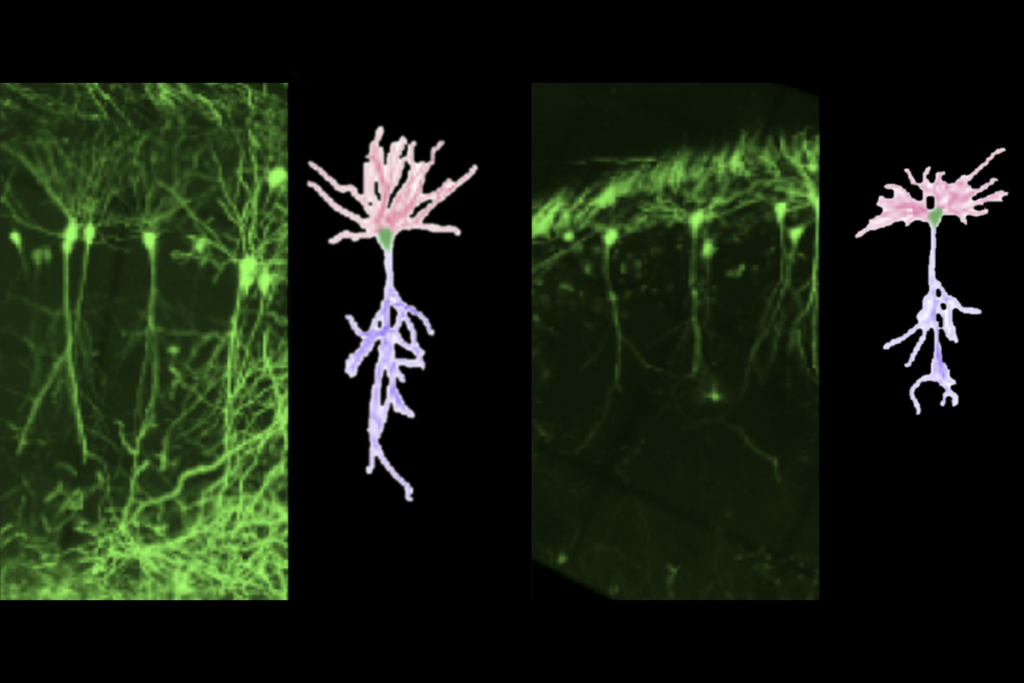
Sensory profiles in autism, and more
Here is a roundup of autism-related news and research spotted around the web for the week of 19 January.
Common and rare variants shape distinct genetic architecture of autism in African Americans
Certain gene variants may have greater weight in determining autism likelihood for some populations, a new study shows.

Common and rare variants shape distinct genetic architecture of autism in African Americans
Certain gene variants may have greater weight in determining autism likelihood for some populations, a new study shows.
Alzheimer’s disease and autism; and more
Here is a roundup of autism-related news and research spotted around the web for the week of 12 January.
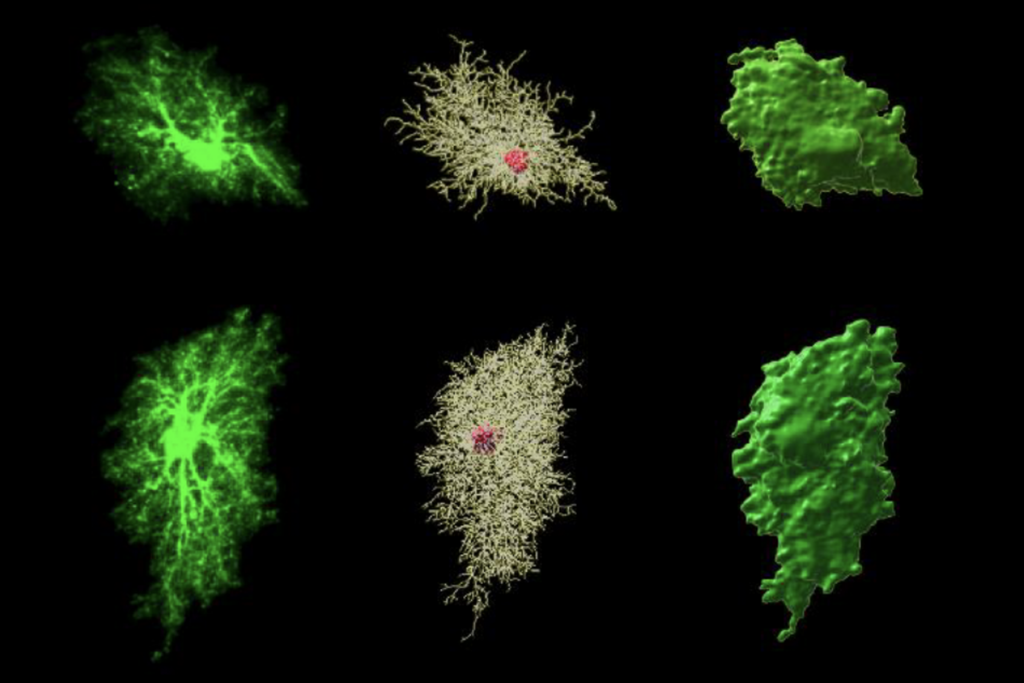
Alzheimer’s disease and autism; and more
Here is a roundup of autism-related news and research spotted around the web for the week of 12 January.
Explore more from The Transmitter
This paper changed my life: Ishmail Abdus-Saboor on balancing the study of pain and pleasure
A 2013 Nature paper from David Anderson’s lab revealed a group of sensory neurons involved in pleasurable touch and led Abdus-Saboor down a new research path.

This paper changed my life: Ishmail Abdus-Saboor on balancing the study of pain and pleasure
A 2013 Nature paper from David Anderson’s lab revealed a group of sensory neurons involved in pleasurable touch and led Abdus-Saboor down a new research path.
Microglia implicated in infantile amnesia
The glial cells could explain the link between maternal immune activation and autism-like behaviors in mice.

Microglia implicated in infantile amnesia
The glial cells could explain the link between maternal immune activation and autism-like behaviors in mice.
Oligodendrocytes need mechanical cues to myelinate axons correctly
Without the mechanosensor TMEM63A, the cells cannot deposit the appropriate amount of insulation, according to a new study.
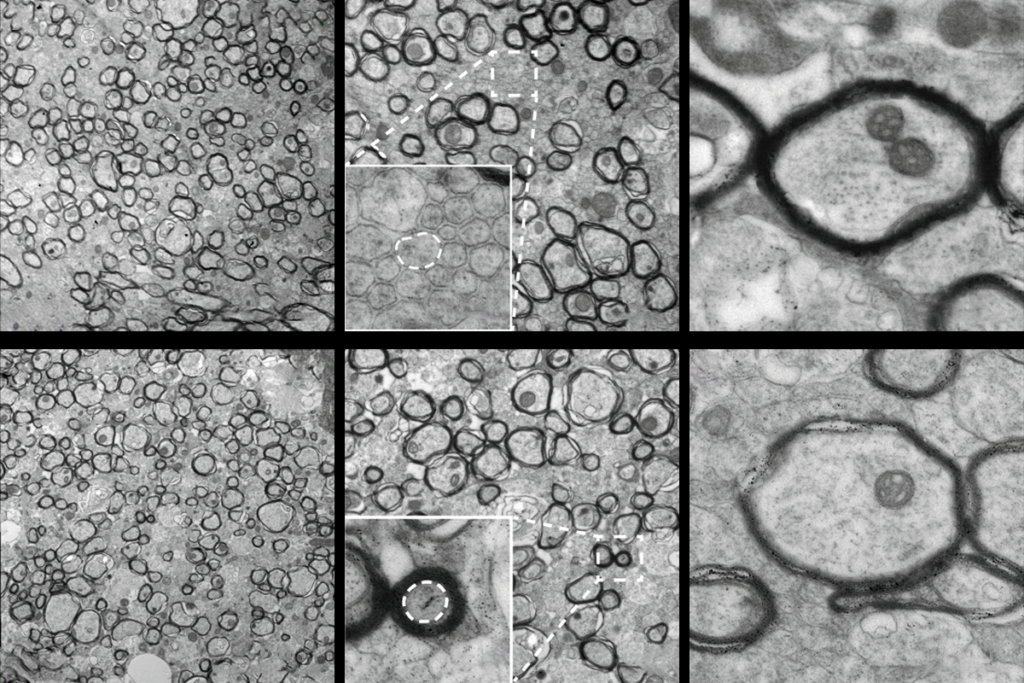
Oligodendrocytes need mechanical cues to myelinate axons correctly
Without the mechanosensor TMEM63A, the cells cannot deposit the appropriate amount of insulation, according to a new study.